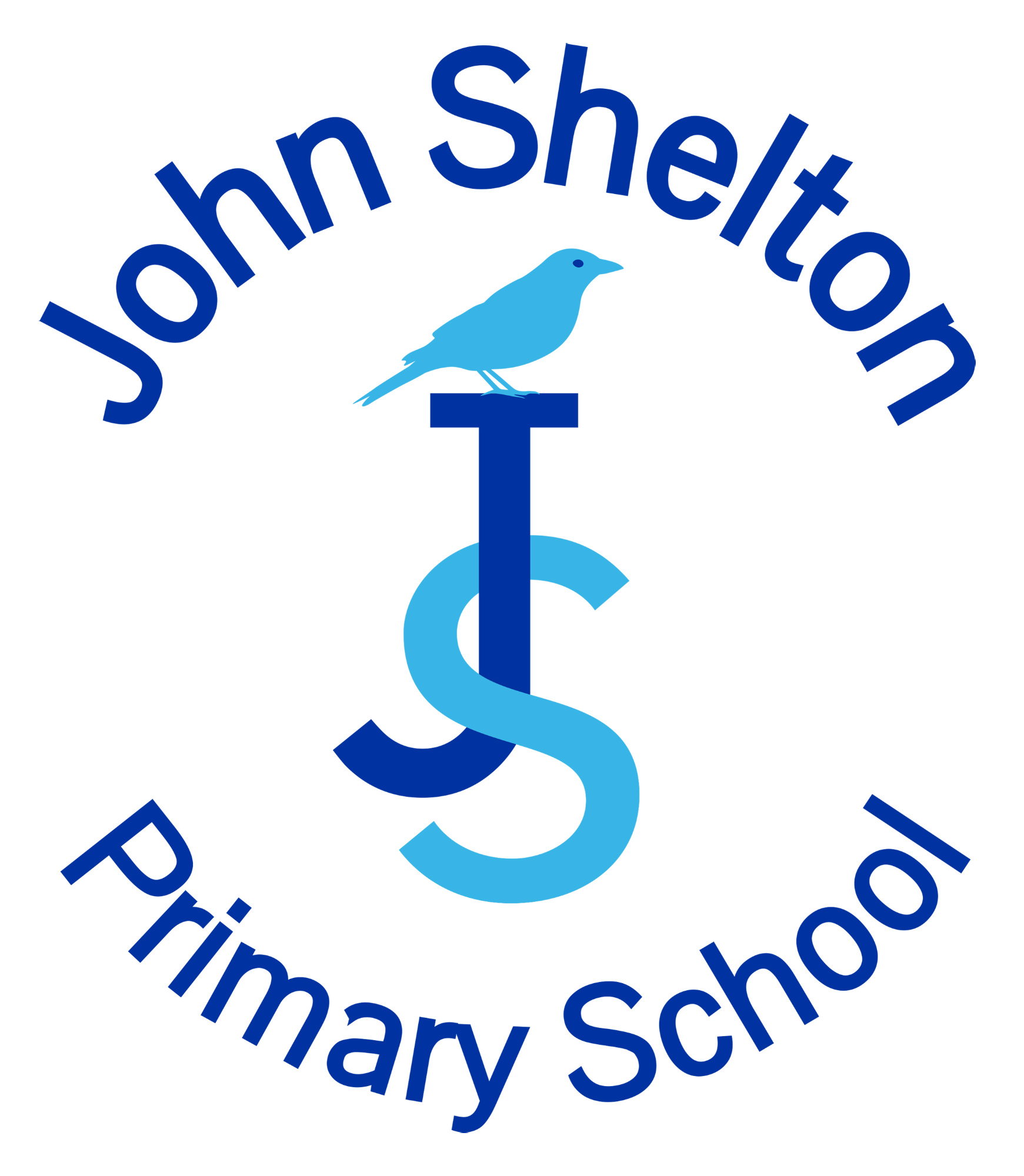Read Write Inc
Phonics
What is Phonics?
Phonics involves learning letter sounds (phonemes) and understanding how they are represented in written form by a letter or letters (graphemes). Watch this video to learn more about phonics.
At John Shelton, we teach early reading through Ruth Miskin’s Read Write Inc Programme. The children learn to read by initially learning sounds and then identifying sounds in words before blending them to read words. This is called segmenting and blending. Our Read Write Inc programme calls this Fred Talk.
Watch this video which explains how the Read Write Inc programme works.
Early Years
In the Summer Term of Nursery and from the beginning of Reception, children start to follow Read Write Inc. This phonics programme meets all of the expectations of the EYFS Statutory Framework and the National Curriculum. It maps out the order in which the individual speech sounds and the graphemes that represent them will be introduced and learnt.
In Reception, we have a daily RWInc lesson. Children are grouped depending on their phonics knowledge. Children are regularly assessed on their phonic knowledge and grouped accordingly. The children learn 3 sounds a week and revisit previously learnt sounds. Children will learn Set 1 sounds which are either bouncy or stretchy sounds. See the videos below for more information:
Reading the bouncy sounds with your child
Reading the stretchy sounds with your child
We teach children to read ‘pure sounds’. See the video below for more information:
Alongside this, children have home-reading books that are phonetically decodable and supports their developing phonic knowledge.
Key Stage 1
As children move into Key Stage 1, they continue to progress through the Read Write Inc programme.
They are regularly assessed on their phonic knowledge and fluency capability and regrouped accordingly. Children are provided with decodable home-reading books so they are able to practise their developing reading skills at home.
The Phonics Screening Check
At the end of Year 1, children complete the Government Phonics Screening Check to see if they meet the expected age-related level. The check is designed to give teachers and parents information on how each child is progressing in phonics. If children do not meet the expected level, they will receive additional support to give them every opportunity to master this vital early reading skill. They will have another opportunity to take the Phonics Screening Check at the end of Year 2.
Watch this video which explains how the Phonics Screening Check:
For some ideas with how you can support your child at home:
